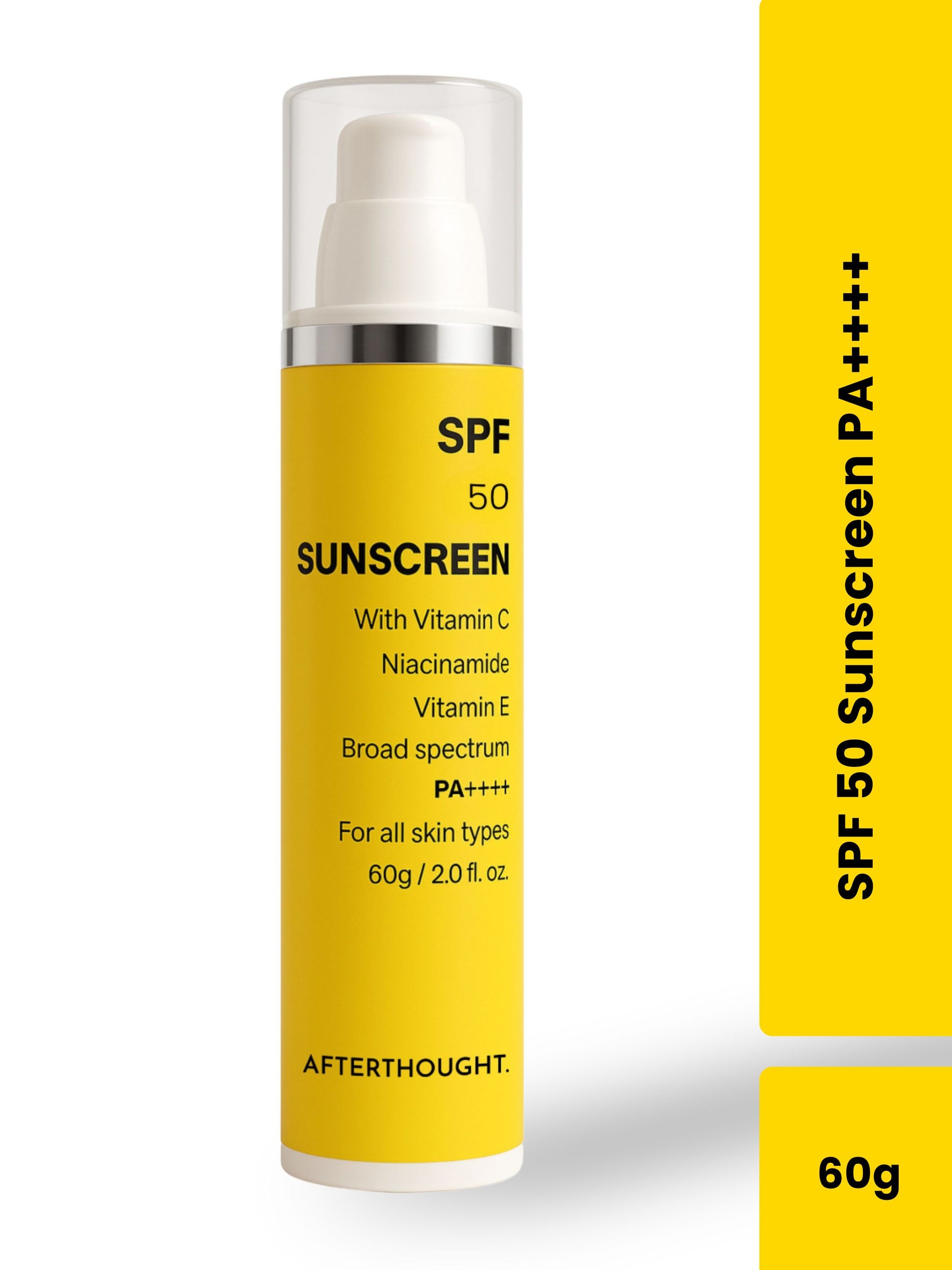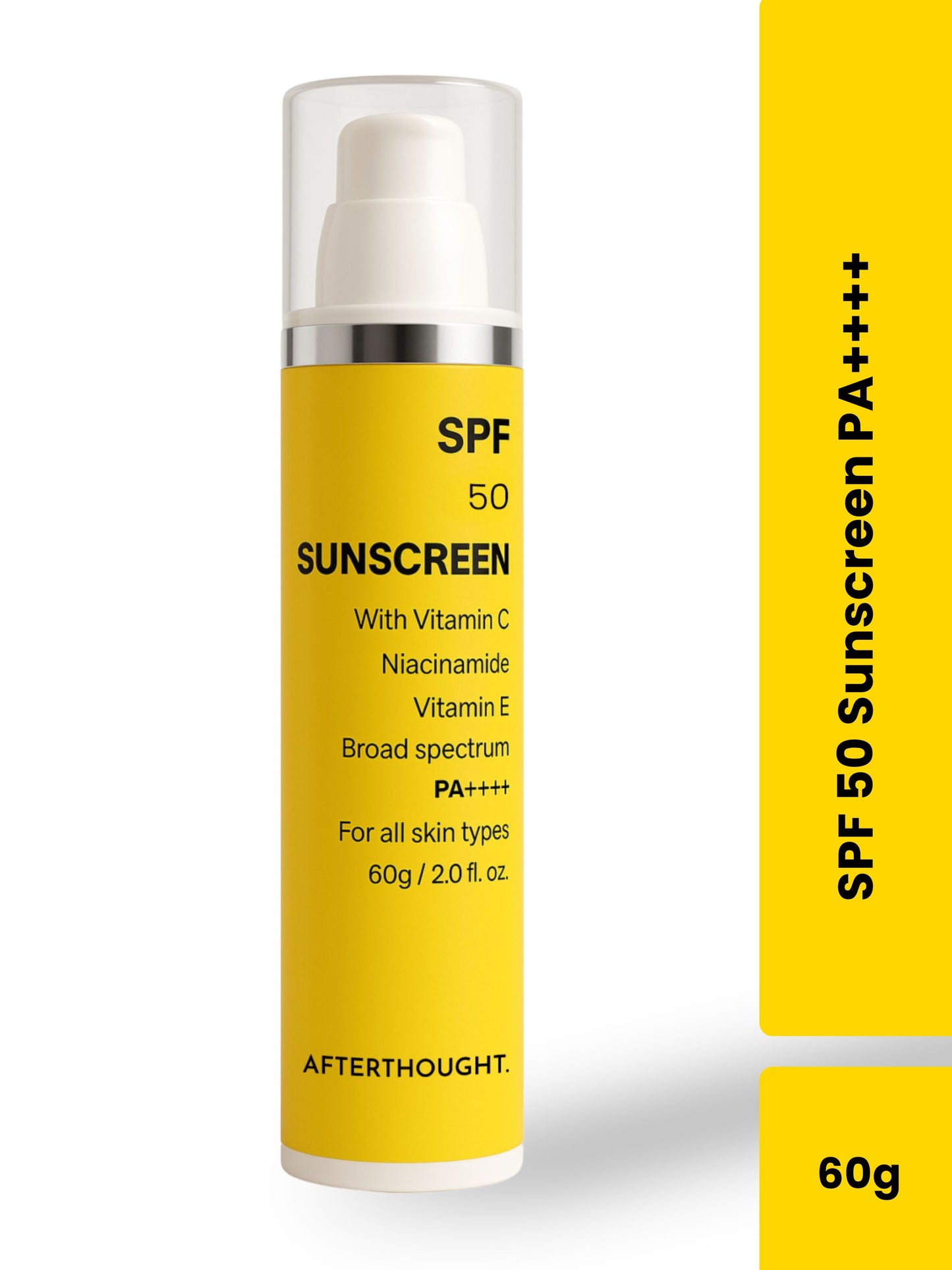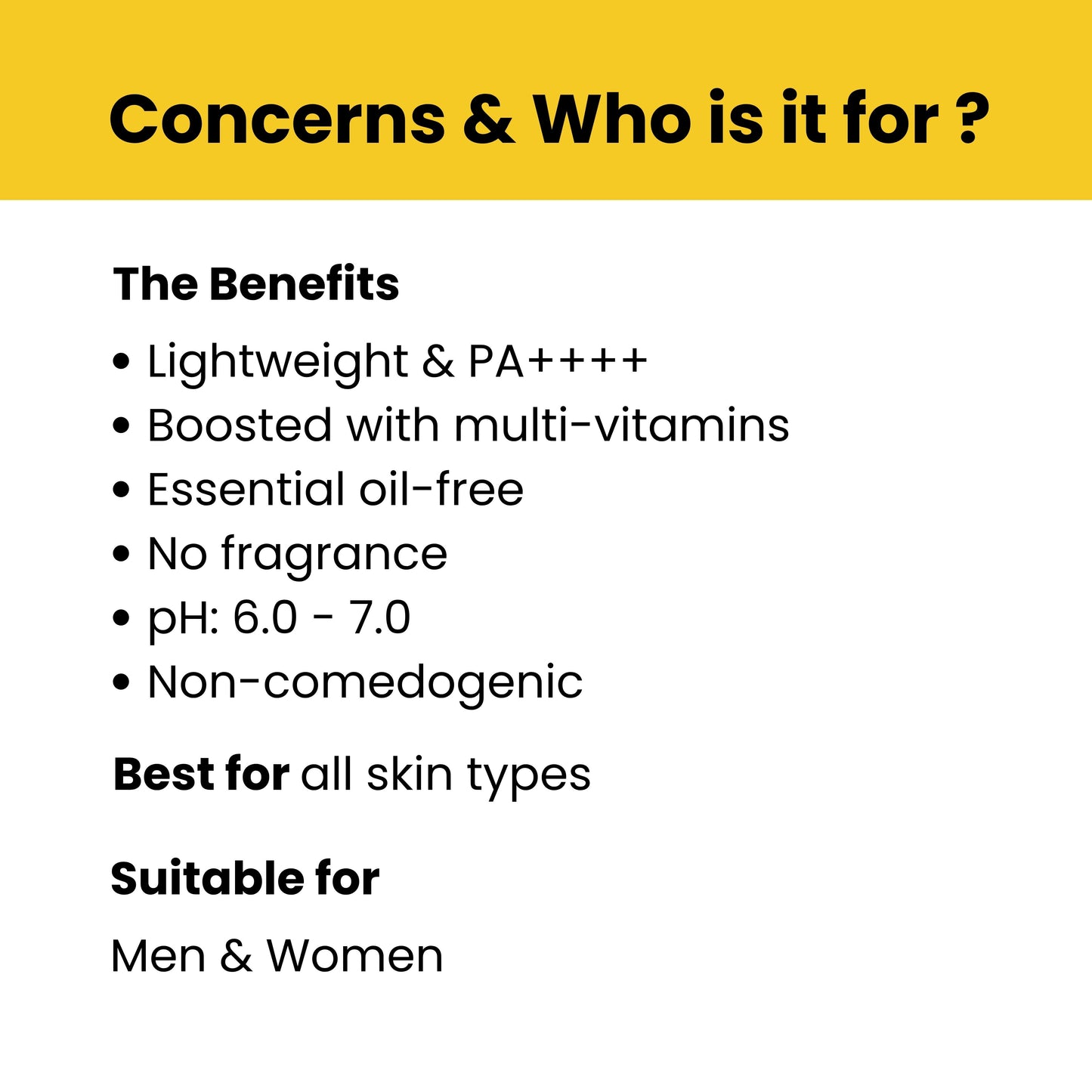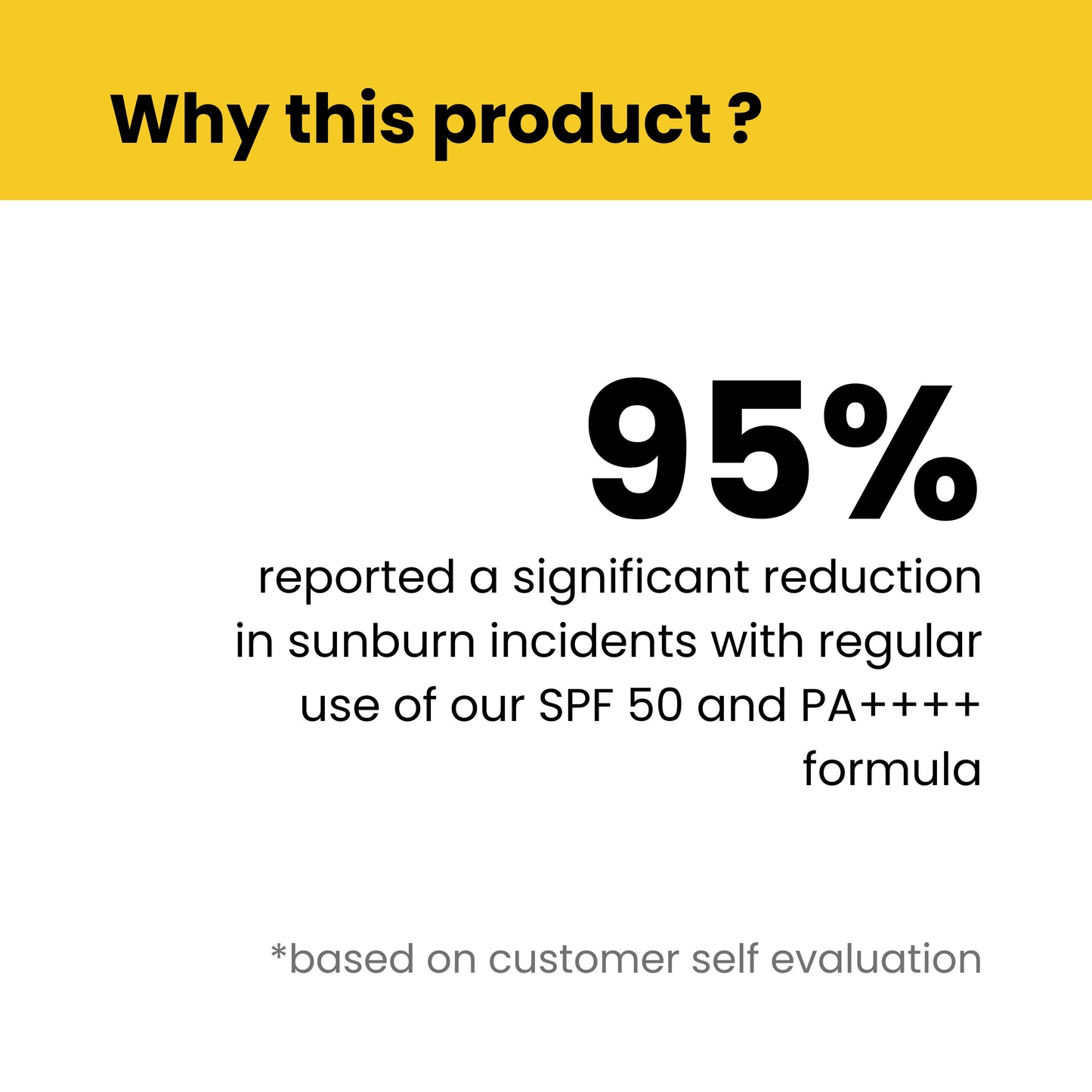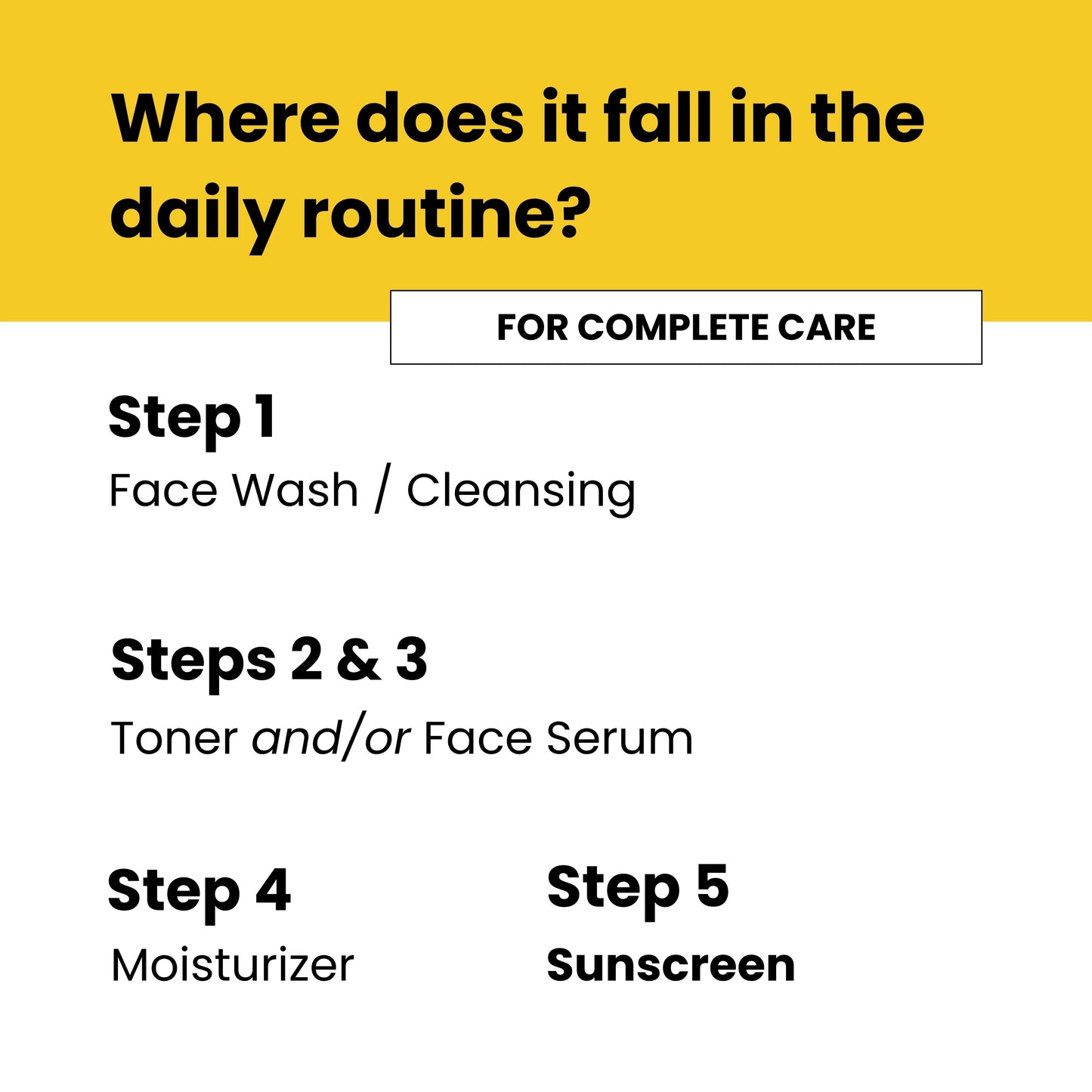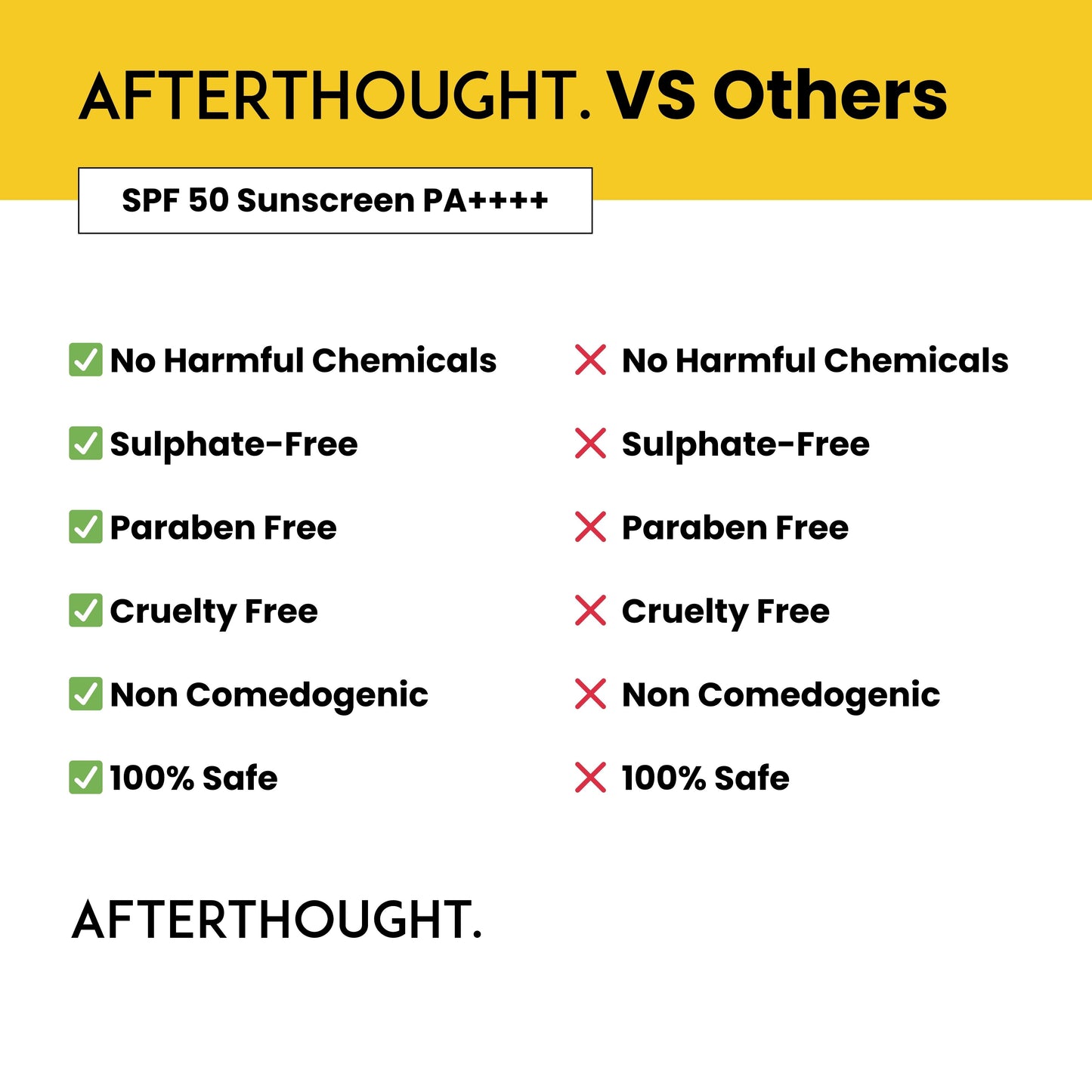How To Choose SPF For Oily Skin?
Choosing the right SPF for oily skin can be a game-changer in your skincare routine. Sunscreen is essential for protecting your skin from harmful UV rays, preventing premature aging, and reducing the risk of skin cancer.
For those with oily skin, however, selecting an appropriate SPF can be challenging. Here’s a comprehensive guide on how to choose the best sunscreen for oily skin types.
Understanding Oily Skin
Oily skin is characterized by excess sebum production, which can lead to a shiny complexion and may contribute to acne and enlarged pores. Finding the right sunscreen for oily skin involves selecting products that balance sun protection with oil control.
Key Considerations for Oily Skin
Opt for Oil-Free Formulas
The first rule of thumb for oily skin is to choose an oil-free sunscreen. Oil-free formulas help prevent additional shine and minimize the risk of clogged pores, which can exacerbate acne. Look for sunscreens labeled as "oil-free" or "non-comedogenic," which are designed not to clog pores.
Choose a Matte Finish
Sunscreens with a matte finish are ideal for oily skin as they help control excess oil and reduce shine throughout the day. Matte sunscreens often contain ingredients that absorb excess oil and provide a smooth, non-greasy finish.
Consider Gel or Water-Based Formulas
Gel-based or water-based sunscreens are typically lighter and less greasy compared to cream-based options. These formulations are quickly absorbed by the skin and are less likely to leave a heavy residue. They are especially beneficial for those with oily skin who want sun protection without added weight.
Look for Broad-Spectrum Protection
Ensure that the sunscreen provides broad-spectrum protection, which means it protects against both UVA and UVB rays. UVA rays contribute to skin aging and wrinkles, while UVB rays cause sunburn. Effective protection from both types of rays is crucial for maintaining healthy skin.
Check the SPF Rating
SPF (Sun Protection Factor) indicates how well a sunscreen protects against UVB rays. For daily use, an SPF of at least 30 is recommended. Higher SPF ratings provide greater protection but also ensure that the sunscreen suits your skin type and needs.
Avoid Heavy Fragrances and Irritants
For sensitive or oily skin, it’s best to avoid sunscreens with heavy fragrances or irritating ingredients. Opt for products with minimal ingredients to reduce the risk of irritation or allergic reactions.
Consider Additional Benefits
Some sunscreens offer added skincare benefits, such as oil control, acne-fighting ingredients, or antioxidants. These additional features can enhance your skincare routine and address specific concerns related to oily skin.
Application Tips
- Apply Generously: Use a generous amount of sunscreen to ensure adequate coverage. The general recommendation is about a nickel-sized amount for the face.
- Reapply Regularly: Sunscreen should be reapplied every two hours, or more often if you are sweating or swimming. Even if you use a sunscreen with long-lasting properties, regular reapplication is key to maintaining effective protection.
- Combine with Other Products: For best results, incorporate sunscreen into a comprehensive skincare routine. Use a gentle cleanser to manage oil production, and consider including products designed to control shine or address acne.
Conclusion
Selecting the right SPF for oily skin requires a thoughtful approach to ensure that your sunscreen offers effective protection without exacerbating oiliness. Opt for oil-free, matte, and lightweight formulas with broad-spectrum protection and an appropriate SPF rating.
By choosing the right sunscreen and following proper application techniques, you can enjoy the benefits of sun protection while keeping your skin looking fresh and shine-free.


